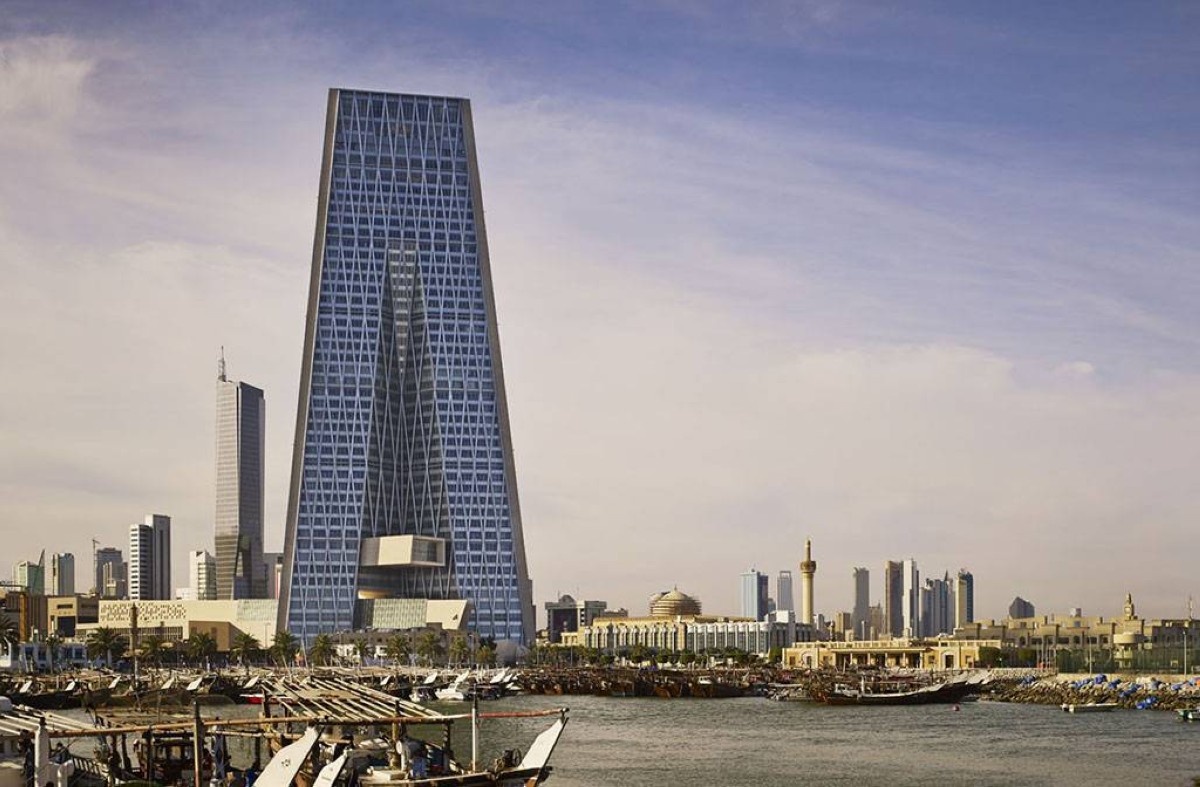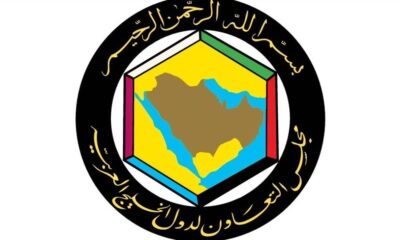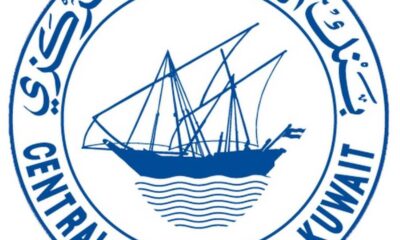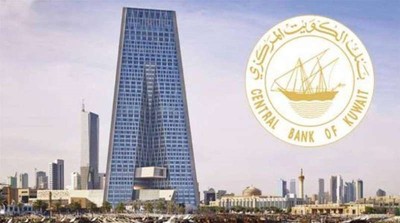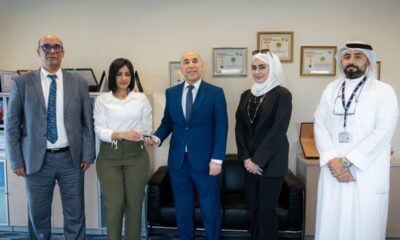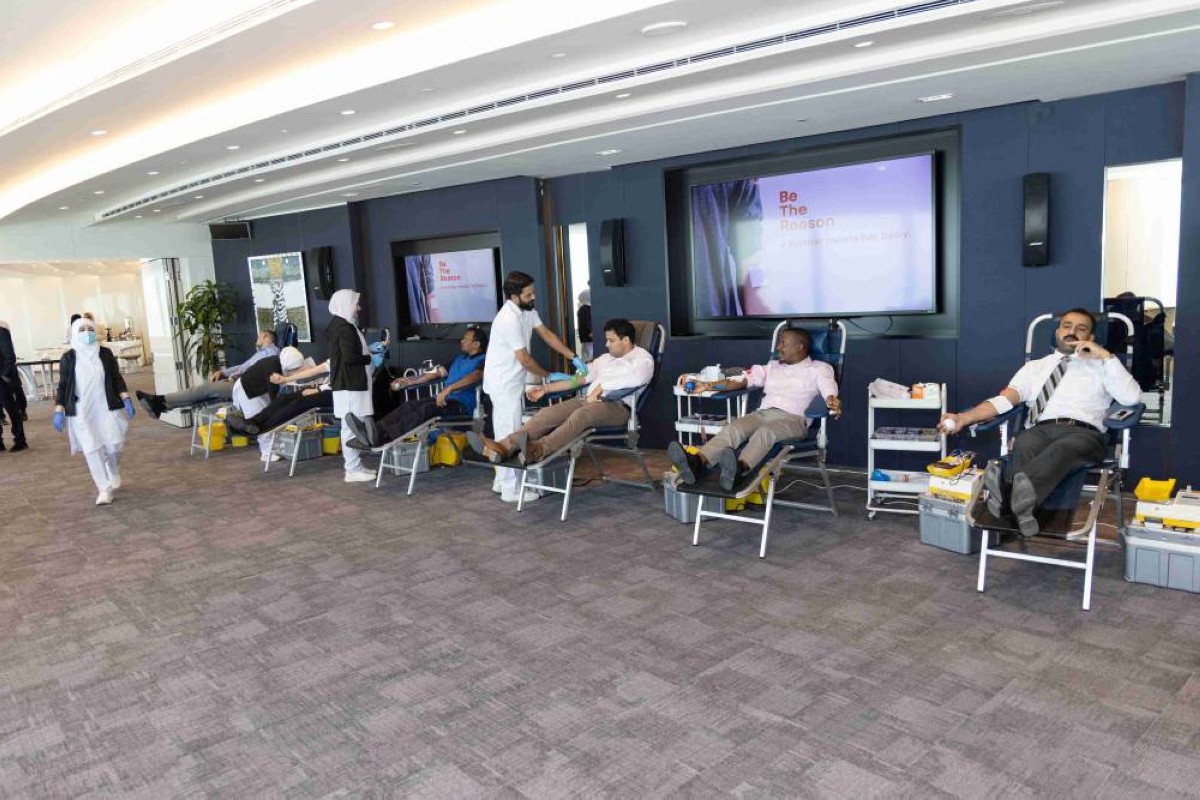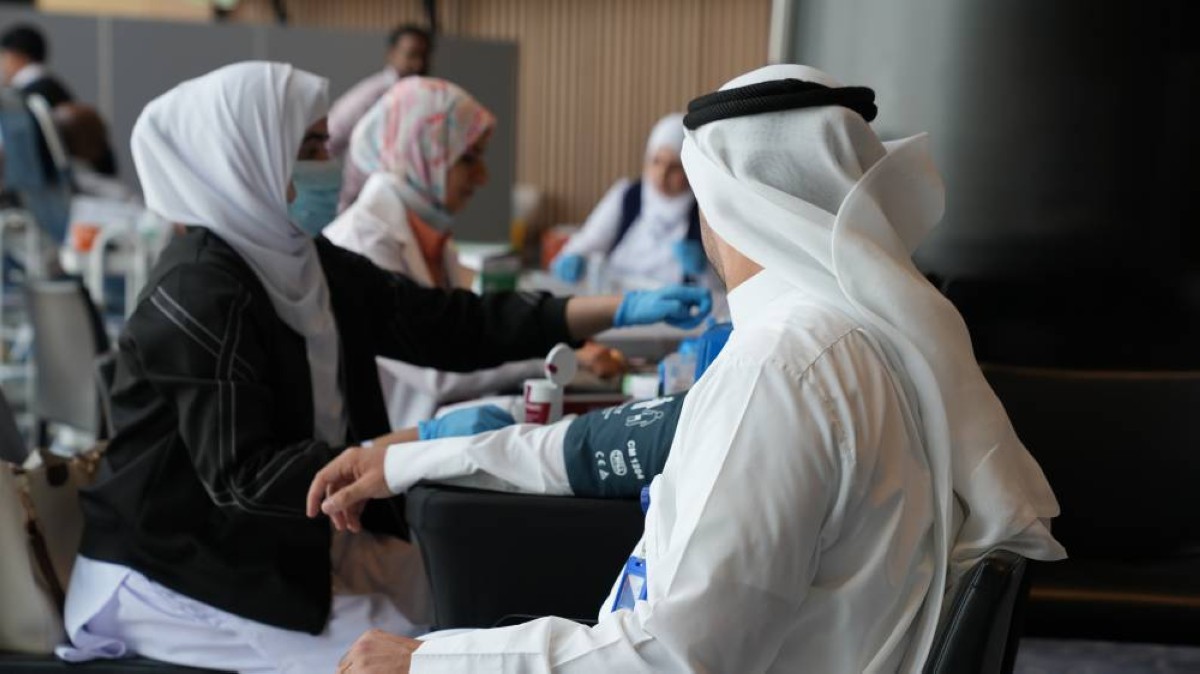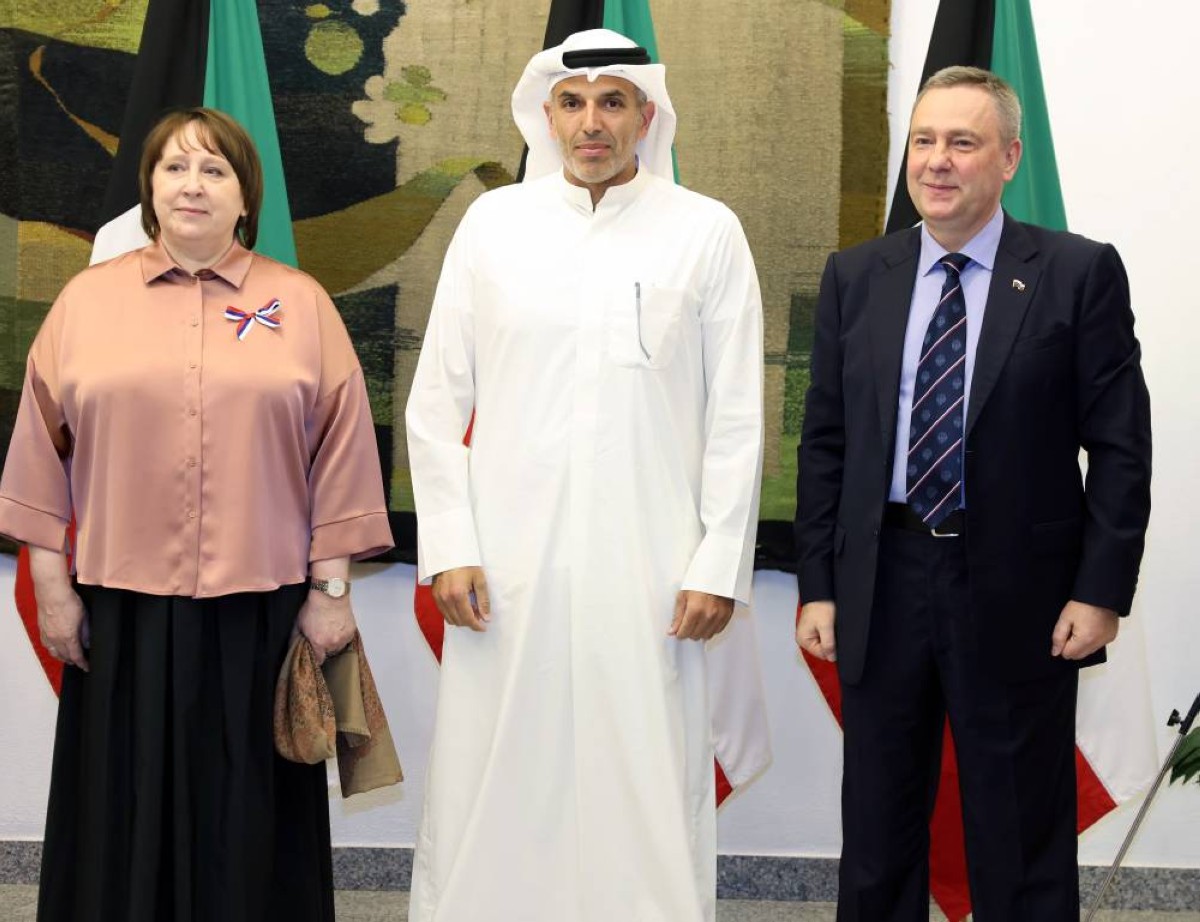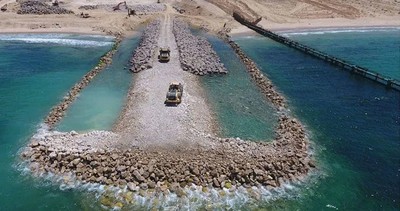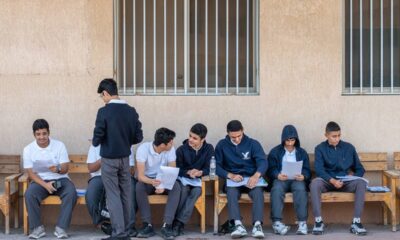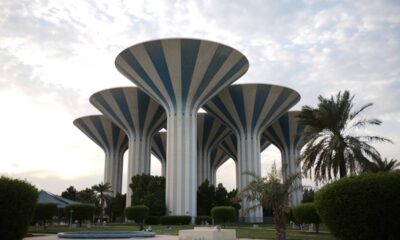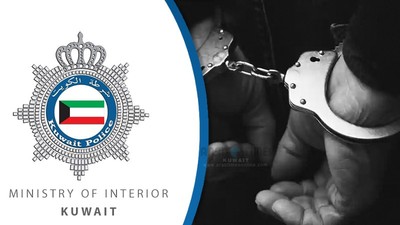Finance ministry authorizes state bodies to conduct loan operations on its behalf
KUWAIT: Minister of Finance Noura Al-Fassam on Sunday issued a decision authorizing the Central Bank of Kuwait (CBK) and Kuwait Investment Authority (KIA) to borrow from the domestic and global markets, respectively, in favor of the ministry in implementation of the newly issued public debt law.
The two bodies will conduct the borrowing processes for the current fiscal year 2025/2026, which started on April 1, in consultation and prior arrangements with the ministry of finance, said the decision, without providing details about the amounts to be borrowed. Kuwait issued a new debt law in March, putting a ceiling of KD 30 billion on public debt and maturity at 50 years. It will be the first time Kuwait returns to borrowing since 2017.
Published in the official gazette Kuwait Alyoum, the decree is based on the Amiri decree-law regarding financing, liquidity and public debt strategy, as well as the approved financing plan for the 2025/2026 fiscal year. According to the first article of the decree, the CBK is authorized — on behalf of and in coordination with the ministry — to conduct
domestic loan operations in Kuwaiti dinars or major convertible foreign currencies. These operations must follow internationally recognized financial instruments and practices.
The second article authorizes KIA to conduct external loan operations in major convertible foreign currencies from the global market, also on behalf of and in coordination with the ministry, and in line with international financial practices. The third article mandates the relevant authorities to implement the decree within their respective jurisdictions and submit periodic reports to the minister of finance on actions taken under its provisions.
Director of public debt at the finance ministry Faisal Al-Muzaini said last week the state is expected to borrow between KD 3 to 6 billion during the current fiscal year to finance development projects. Al-Muzaini also said that the ratio of debt to gross domestic product (GDP) in Kuwait is very small at just 2.9 percent, whereas it is 60 to 70 percent in many countries. He said that the 2025-2030 five-year strategic borrowing plan will be determined by oil prices, global markets and risks associated with borrowing.
Finance ministry undersecretary Aseel Al-Munaifi also said last week the new debt law will stimulate the economic environment and promote foreign investments into Kuwait, besides accelerating economic growth and strengthening the banking system in Kuwait. She said that a law regulating the issuance of sukuk, or Islamic bonds, is expected to be issued soon as it is being reviewed by authorities at the council of ministers.




